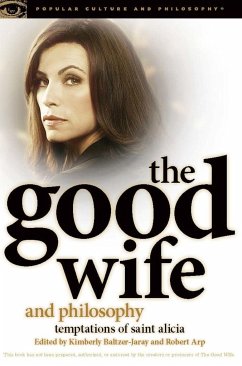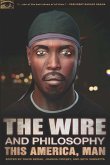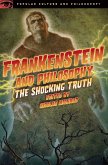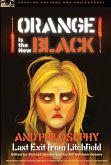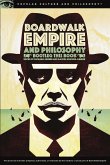In "The Good Wife and Philosophy," fifteen philosophers look at the deeper issues raised by this stirring TV drama. "The Good Wife" gives us courtroom battles in the tradition of "Perry Mason," with the added dimension of a political intrigue and a tormented personal story. We witness the interplay between common morality and legal correctness; sometimes following one violates the other. Lawyers operate within the law and within legal ethics, yet routinely do harmful things in pursuit of their clients' interests. The adversarial system leads to such strategies as stringing out a case to exhaust the other side's resources and bringing suits ostensibly because of wrongdoing by defendants but really to curtail the defendants as a competitive threat to some important client's interest. The idea for "The Good Wife" came from the recurring news drama of wives standing by their husbands when scandal breaks: the wives of Bill Clinton, Elliott Spitzer, and John Edwards. Often these politicians' spouses are themselves lawyers who have had to cope with the gray areas of legal battles and maneuvering. Following her husband's disgrace and imprisonment, Alicia Florrick has to return to the law, which she abandoned for the sake of being a full-time wife and mother.
Hinweis: Dieser Artikel kann nur an eine deutsche Lieferadresse ausgeliefert werden.
Hinweis: Dieser Artikel kann nur an eine deutsche Lieferadresse ausgeliefert werden.

